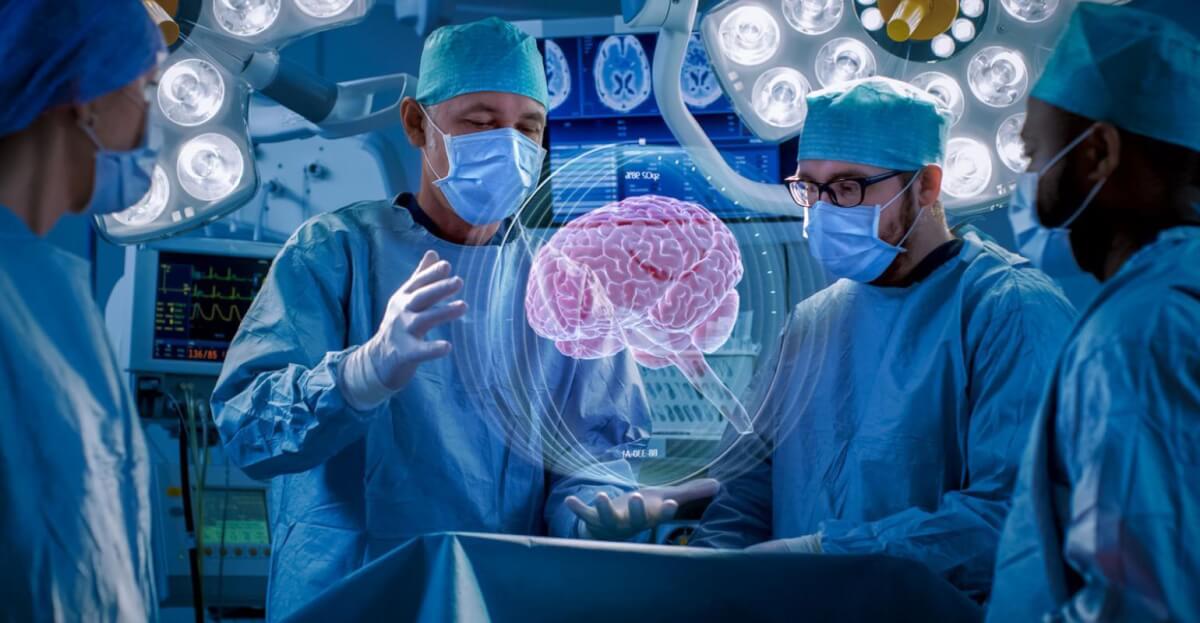A neurosurgeon takes care of the central and peripheral nervous system, in addition to the brain and spine. Not only do they diagnose and treat conditions, but they also work on preventative methods. Surgeons like Dr Timothy Steel will use non-surgical options for treatment if possible but extend their talents to robotic spine surgery. These doctors do more than treat adults, their services extend to children as well. Take a look at the conditions and parts of the body most commonly treated by specialists.
Conditions Of The Brain
The brain is a complex area of the body to treat; there can be clots that need to be removed or bleeding that needs to be stopped. A neurosurgeon can place a stent in the brain if an artery becomes closed. This procedure can help if someone has had a stroke in the past or even keep them from having another one.
Tumors occur in the brain and can be operable and inoperable. If they are inoperable, the neurosurgeon will decide on the best way to proceed; this may mean working closely with neuro-oncology. Trauma can be mild, moderate or severe to the brain. A neurosurgeon will assess and decide if surgery is necessary if there is moderate or severe trauma the surgical option is likely.
Brain surgery involves opening the skull to relieve pressure from a blood clot or a contusion. Deep brain stimulation is done by a neurosurgeon to assist certain conditions; it helps those people with Parkinson’s Disease or epilepsy. There is a device put under the skin in the chest with wires that go to the brain. In the brain, there are electrodes that help stop abnormal brain impulses with emphasis on control of movement.
Conditions Of The Spine
Non-surgical and surgical options are available for those suffering from problems of the spine such as injury or disease. A neurosurgeon wants the patient to have a good quality of life by relieving pain and returning a range of movement. Issues with the disc of the spine are common among this category of issues, with both herniated and degenerate options a possibility. Surgery can be the last option for those with moderate or severe pain. A discectomy can be done which is not as invasive as other surgeries, but gets to the center of the problem. The spine can be fused at the vertebrae to provide stability; this procedure covers a weakness or even a herniated disc in need of removal. It requires various periods of recovery that could last weeks or months based on the final results.
Peripheral Nerve Issues
These select nerves are located in the arms, legs, face, chest, and abdomen. Carpal tunnel syndrome is a common condition treated under a neurosurgeon’s care; this happens when the median nerve is compressed at the carpal tunnel. The condition causes pain, weakness, and numbness which can lead to a loss in movement. A neurosurgeon may try splinting and anti-inflammatory medications before surgery in hopes of avoiding invasive procedures. If surgery is needed, the doctor will relieve the pressure on the nerve.








